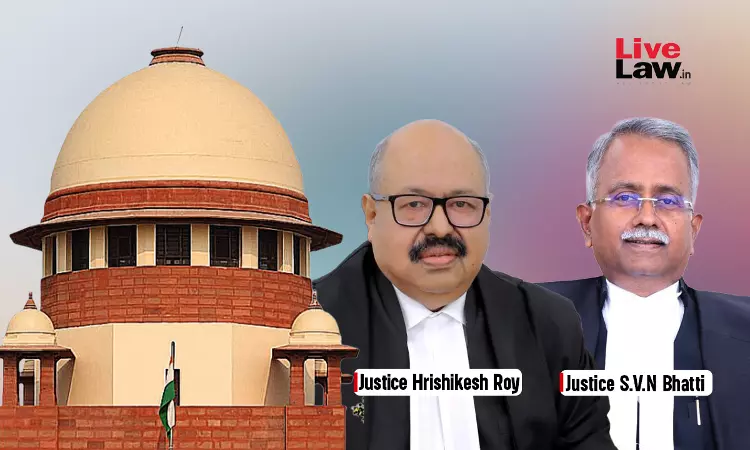The Supreme Court in a recent judgment justified the imposition of ten times penalty on a deficit stamp duty being unpaid by the litigant under the Karnataka Stamp Act, 1957 (“Act”). The Appellant wanted the suit agreement to be admitted in evidence at the interlocutory stage, however, the agreement was not sufficiently stamped. Therefore, in terms of Section 34 of the Act, the Appellant...

